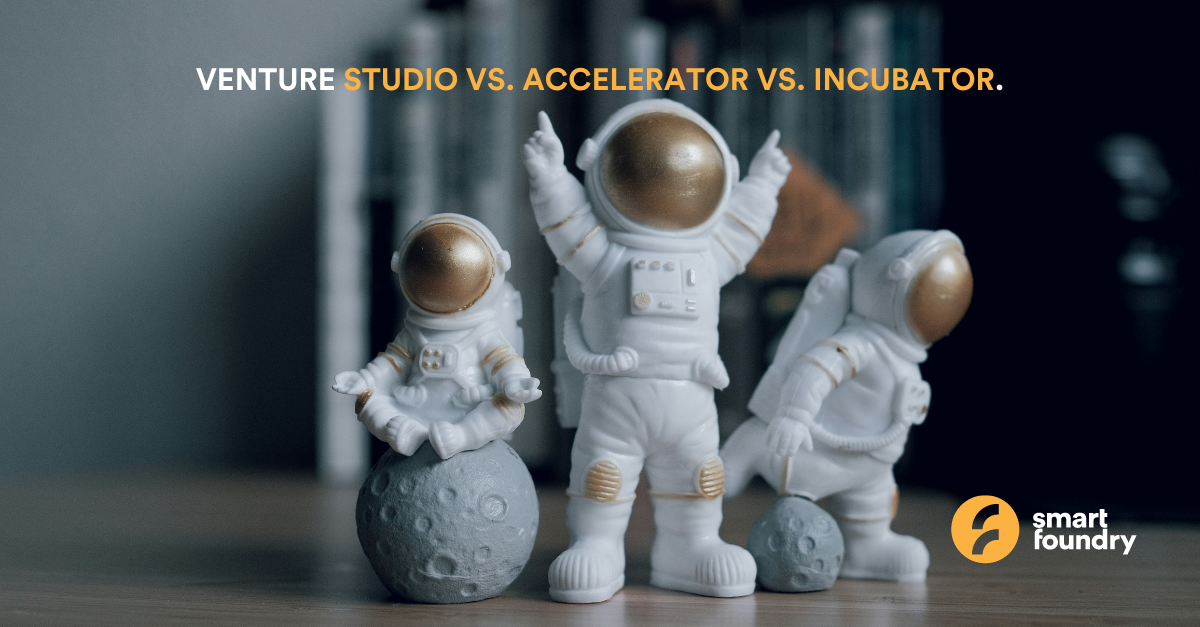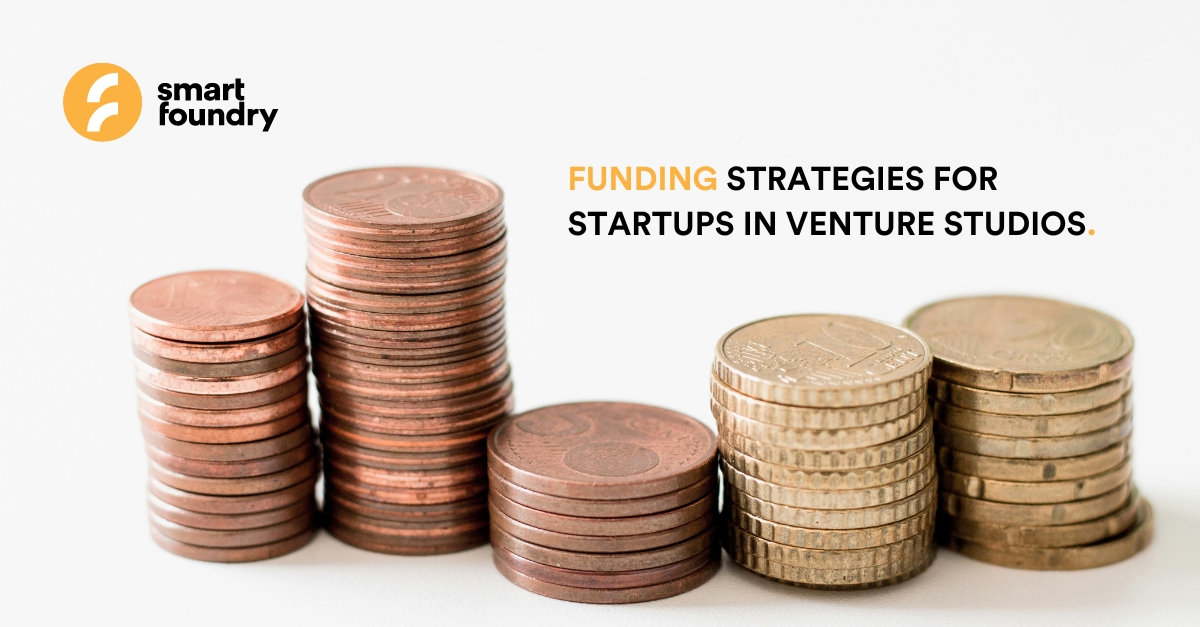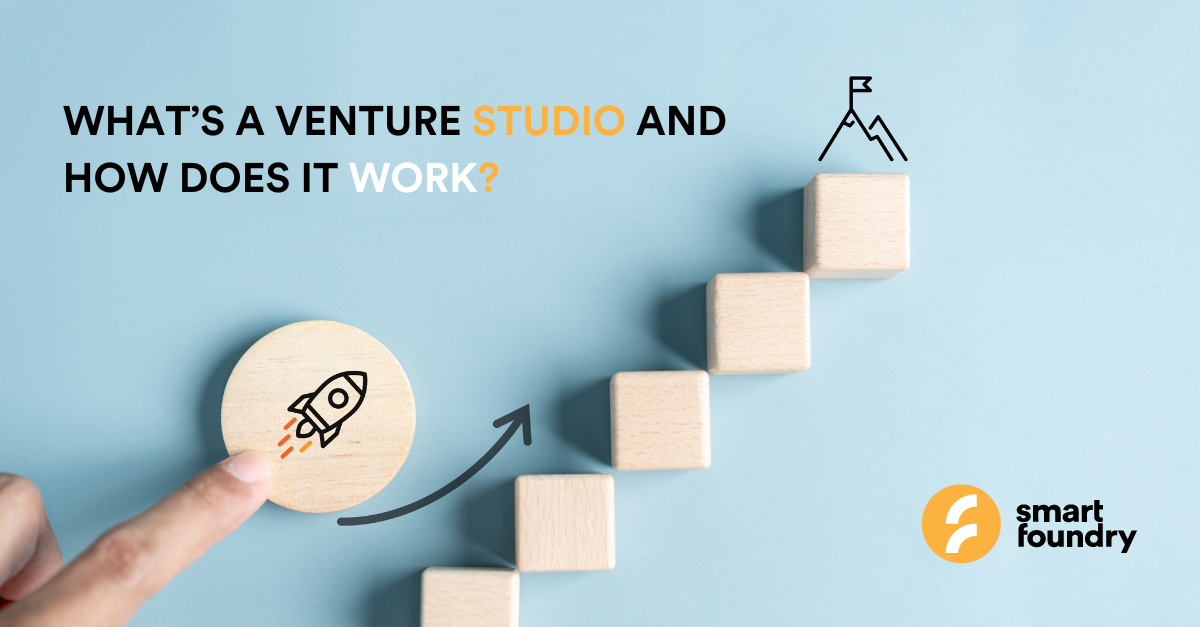In the world of startups, founders often come across terms like Venture Studios, Accelerators, and Incubators. While they all aim to support the growth of new businesses, each model operates differently and offers unique benefits. Understanding these differences is key to choosing the right path for your startup.
Venture Studios: The Builders
A Venture Studio is an organization that creates multiple startups simultaneously. Unlike accelerators or incubators, a venture studio doesn’t just support startups—it builds them from the ground up. The studio generates ideas internally, assembles teams, and provides the necessary resources, including funding, mentorship, and operational support, to launch and scale these businesses.
Key Features:
- Focus on building companies in-house.
- Ideas and teams are usually generated within the studio.
- Provides significant hands-on involvement in the startups’ growth.
- Often retains a large equity stake in the startups it creates.
Best For: Entrepreneurs who prefer a more hands-on approach and want to work on ideas generated by the studio.
Accelerators: Speed and Scale
Accelerators are programs designed to fast-track the growth of startups that already have a viable product or service. They typically offer a short, intensive program—lasting a few months—where startups receive mentorship, networking opportunities, and sometimes seed funding in exchange for equity.
Key Features:
- Short, intensive programs focused on scaling.
- Mentorship and networking are core components.
- Often culminates in a demo day where startups pitch to investors.
- Equity-based; startups give up a small percentage in exchange for funding and resources.
Best For: Startups that have a product-market fit and are ready to scale rapidly.
Incubators: Nurturing from the Ground Up
Incubators focus on nurturing early-stage startups or even just ideas. Unlike accelerators, incubators offer a longer-term support system that helps founders with everything from refining their ideas to building their first product. Incubators typically provide office space, mentorship, and access to a network of advisors without taking equity.
Key Features:
- Long-term programs focused on idea development and early-stage growth.
- Provides office space and access to resources.
- Usually no equity taken; may charge a fee or take a minimal stake.
- Offers a collaborative environment with other early-stage startups.
Best For: Entrepreneurs with a concept or early-stage startup looking for foundational support and resources.
Which is Right for Your Startup?
Choosing between a venture studio, accelerator, or incubator depends on where your startup is in its journey and what kind of support you need.
Venture Studio: Ideal if you’re looking to build a startup with a lot of support and are open to working on ideas generated by the studio.
Accelerator: Best if you have a viable product and need help scaling quickly.
Incubator: Suitable if you’re still in the idea or early product development stage and need foundational support.
Understanding these differences can help you make an informed decision that aligns with your startup’s goals and stage of development. No matter which path you choose, each model offers unique opportunities to grow and succeed.
If you're an investor or value-based partner looking to engage with a Tanzanian venture studio, we're here to help you succeed.











